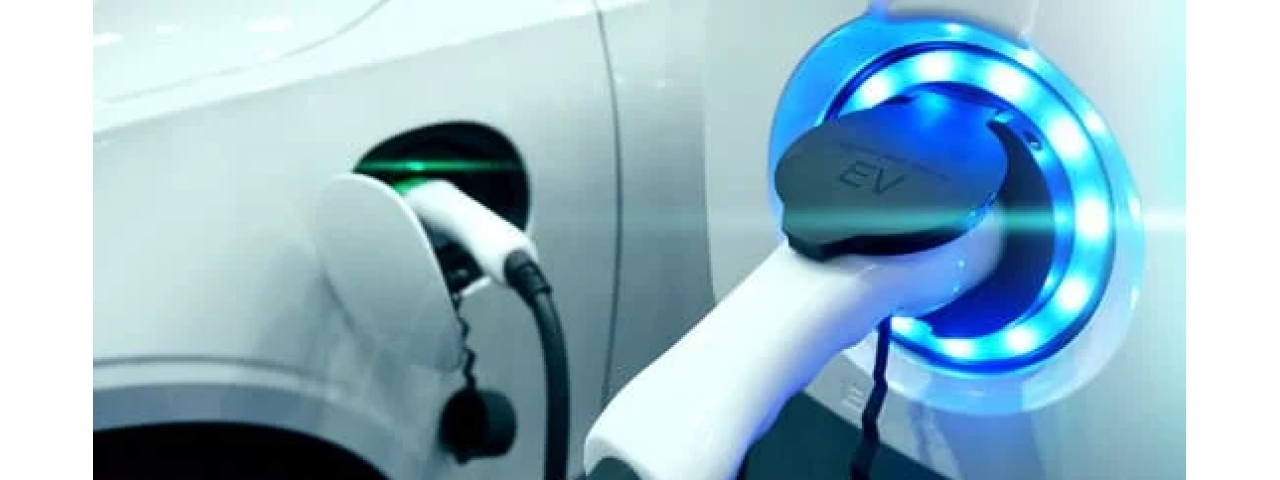 Sector
Sector
Green Economy
Sub-Sector
Green economy – Clean Energy
Project Size
As of Jan 2020, there are 144 DC rapid charging stations in the North Island and a further 65 in the South Island - plus another 300+ AC charge points registered on Plugshare. Many more will be needed to meet the expected future demand. According to Statistics NZ in June 2020 there were 3.47 million passenger car/vans in New Zealand of which only 14,564 are pure electric cars plus 4540 plug in petrol or diesel hybrids. Deutsche Bank Analysts expect 15% of the light fleet to be electric by 2030, climbing to 53% by 2040 and 90% by 2050.
Looking for
New charging infrastructure is required for both consumer and industrial e vehicle charging, to meet the growing and anticipated demand for both personal and commercial EVs. In the commercial sector, light and heavy charging facilities will be required as more organisations, including public transport providers transition to e vehicles.
Summary
The New Zealand Government has highlighted the need for New Zealand to contribute to coordinated international action to reduce greenhouse gas emissions and admits the economy would be advantaged by making a transition to a greener economy. New Zealand has more than enough consented renewable electricity generation waiting to support the widespread adoption of electric vehicles. As the adoption rate of e vehicles grows in the public and commercial sectors, supporting charging infrastructure is required.
Background
Auckland, the largest city in New Zealand, has one of the highest car ownership levels per capita in the world. The latest New Zealand census found that 92.1% of households had at least one car in Auckland. Two vehicles per household is the most common, at 38.4 %. 37.6 % of households had one car.

Transport is responsible for about 18% of New Zealand’s total greenhouse gas emissions each year (45% of energy-related emissions). One of the most effective ways to reduce our total emissions is by transitioning our fossil fuelled transport fleet to run on clean, renewable electricity. New Zealand is well placed to benefit from electric vehicles and the Government is committed to supporting the uptake of them, to help support the transition to a low carbon economy.
Source: June 2020 Statistics NZ
In August 2020, Energy and Resources Minister Megan Woods announced the latest round of funding for the its Low Emission Vehicles Fund, which is investing to help establish a network of over 1000 EV charging stations around the country. The Low Emission Vehicles Contestable Fund is one way the Government is helping to accelerate the uptake of electric vehicles and other low emission vehicles.

The reasons why e vehicles are a good proposition for New Zealand are:
· New Zealand motorists drive on average 29 km/day
· Average commutes in urban centres are even shorter, at about 22 km/day
· 85 % of New Zealand homes have off-street parking, meaning electric vehicles can be easily charged overnight at home
· New Zealand’s 230-volt electricity system means every home has the potential to charge an EV
· EV's in New Zealand are currently exempt from Road User Charges
· Petrol and diesel costs are relatively high
Invest Auckland Specialist
To find out more about this opportunity please contact Andrew Carpenter
